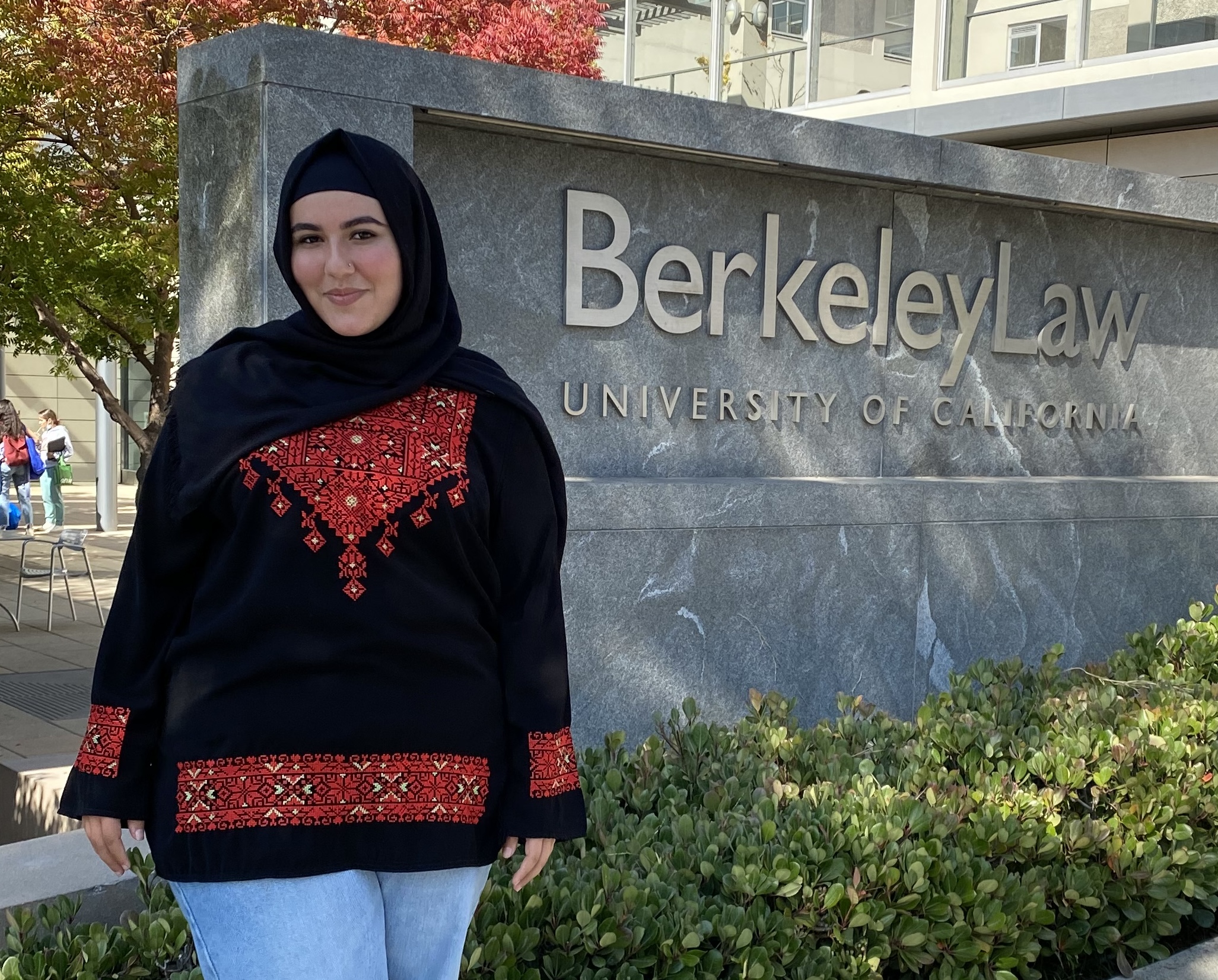
“As a proud Muslim immigrant, a first gen, low income student, and a survivor, I know exactly what it feels like to not have anyone in your corner, or lack the financial ability to afford representation and legal protections. Through my lived experiences and my past legal positions, I have witnessed time and time again how survivors of diverse identities often do not receive the support or aid they require, due to the legal system’s linguistic and cultural obstacles. For Muslim hijabi female survivors of violence especially, they must navigate between recieving legal aid and navigating the legal system’s ignorance of the religious and cultural forms of trauma that certain communities experience. Hijabi survivors of violence are often forced to go through traumatic and invasive processes when seeking legal help, like being asked to show pictures of their bruises or not having their hijabs ripped off deemed as a valid and legitimate form of assault. I do pro bono because I hope to be the person I wish I had growing up, and increase positive representation of the Muslim communities in the field, so that survivors everywhere feel heard, seen, and empowered.
As an aspiring lawyer, I am interested in providing more survivor-centered forms of care for survivors of GBV within an international human rights framework. As an Afghanistan Project advocate, I got the opportunity to aid Afghani clients in their application for Humanitarian Parole. As a Muslim woman, the opportunity to aid other Muslim Afghani woman, and to help put them at ease when conducting intakes through saying “Assalamulaikum” or possessing cultural knoweledge of the region was so valuable. Similarly, as an advocate with the International Human Rights Workshop, I am assisting in writing an article with Dr. Alexa Koenig on the role of consent in open source investigations. As someone that hadn’t heard of the word consent till college, due to lack of access to educational materials surrounding survivorship, I believe that such work allows me to advance notions of consent and ensure that survivors everywhere will not have to have their trauma relayed without their consent, and will be able to maintain agency of their bodies.